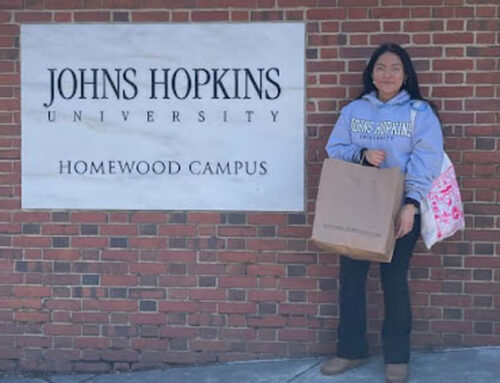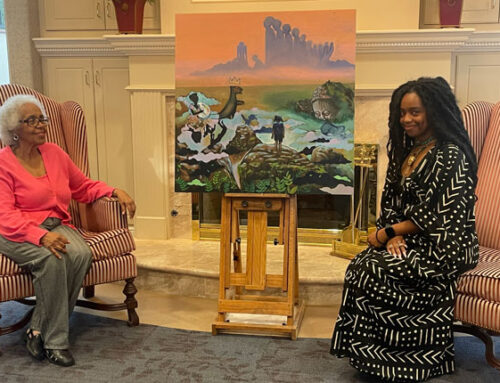Growing up in a small Pennsylvania coal mining town, the odds were heavily stacked against Bernie Vinovrski’s chances of going to college. Almost no in town did, so he had few role models to look up to. But the urging of an older brother and the assistance of a high school English teacher charted a new path for Vinovrski. Not only did he attend college and graduate, he entered a career in higher education and today is a highly respected administrator – Associate Vice President for Enrollment Services – at Fresno State.
Vinovrski is one of the faculty and staff members at Fresno State who are the first in their families to have graduated from college. In hopes of encouraging other first-generation students, they’ve written about their experiences in the First Generation Stories project.
You can their stories at
http://firstgeneration.csufresno.edu/stories/crabb.htm
<http://firstgeneration.csufresno.edu/stories/crabb.htm> .
Here’s Vinovrski’s story:
In the late 1950s and early 1960s, fewer than 10 percent of all high school graduates enrolled in college, and in the Pennsylvania coal mining town where I grew up, almost no one did.
Located about five miles from Wilkes-Barre, 75 percent of Luzerne’s 2,500 residents were immigrants from Yugoslavia. Most all of my neighbors were Croatian and most of the men worked in the mines.
Most didn’t drive or even own a car. They walked to work. For my dad, it was about a 30-minute walk every day. When he came home from his shift in the anthracite mines, he was covered with dirt and grime and was often coughing. We didn’t know it at the time, but that cough was the sign he was contracting miner’s asthma, better known now as Black Lung.
Neither of my parents graduated from high school, yet, from early childhood on they encouraged me to get a university education. So did my father’s mining buddies.
Every other Friday was payday and on that evening the men would go to the tavern. At age seven or eight, I went with my dad and watched the men play cards and shoot darts. All of them told me, “Don’t follow our career. Get an education.”
My brother Tom was eight years older than I and was being recruited to play basketball in college. He received an offer to play at Villanova but decided to stay near home and attend a local college.
I enjoyed sports, too, and wanted to emulate my brother. He gave me pep talks and helped me develop my athletic ability. Like him, I was a starter on the varsity basketball team as a freshman. I was competitive and skillful at every sport that was available at my tiny school.
Football was what I most wanted to play, but, besides not wanting me to get hurt, my parents wanted to assure that I was excelling academically. So they wouldn’t sign the paperwork for me to participate until I was a sophomore and had achieved a 90 average as a freshman, which I did.
In the meantime, my brother learned he’d made a big mistake by declining the invitation to Villanova. By staying so close to home, he spent too much time with his high school friends. He quit college after one year and joined the Army. As he left for the service, he lectured me. “Don’t make my mistakes,” he said. “Stay in school.”
Largely due to my high school coach and English teacher, I received a generous scholarship to attend a local college. Sadly, my dad never saw me attend.
As I was about to begin my freshman year, he died. My mom had spent the entire night with him before he passed. I relieved her for only a short time, and that’s when he left us. I was the only one with him when he died. My dad didn’t understand sports but always came to my games, and when people complimented him on his talented son, his pride in me was evident as he congratulated me. His death motivated me to be a success in his honor.
My mother, too, became an inspiration. After my father died, she had to go to work in a garment factory to support the family. A neighbor drove her to work where she spent her days stitching jackets and pants for about $100-$150 per week. After a year or so, she received some Social Security benefits from my father’s death and eventually there was state and federal legislative action as a result of so many miners developing lung ailments.
With my parents’ support and aspirations for me, my brother’s guidance, a college scholarship and my competitive spirit, I became the first in my family to graduate from college.


